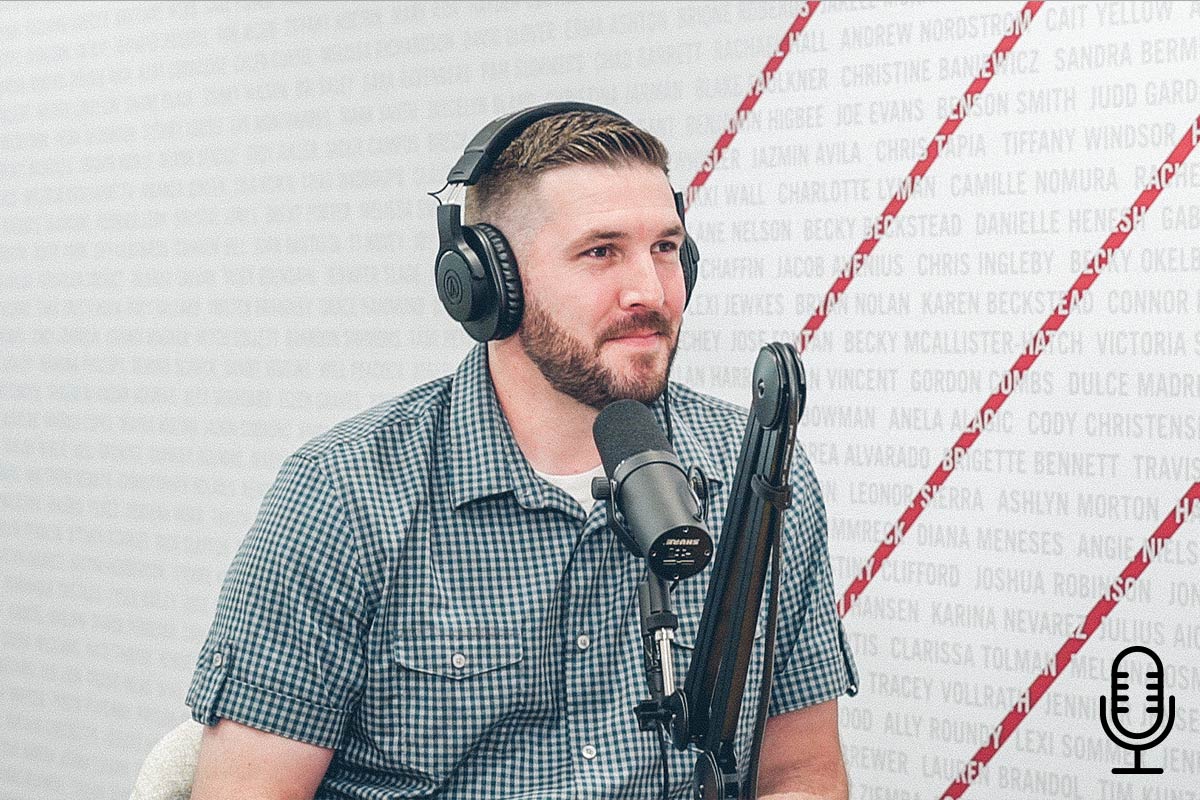
Early Mortgage Pay Off: Do or Don't?
If you're currently paying a mortgage, you're well aware of the financial commitment it takes to own a home. You've probably also seen varying advice on whether you should make an extra payment each year or save up to pay off your mortgage early.
It may seem like an easy choice. If you have the money, why wouldn't you pay off your mortgage early, right? Unfortunately, it's not quite so simple. Paying off your mortgage early can affect a lot of different aspects of your finances, and you shouldn’t make such a decision lightly. To help you decide, we’ve listed out the pros and cons.
Pros of paying your mortgage off early
Save on interest—Over the life of a mortgage loan, you'll pay thousands, maybe tens of thousands, of dollars in interest fees. Paying off a mortgage early allows you to use that cash for savings or other investments. Yes, you lose the mortgage interest tax credit, but, depending on your financial situation, you may ultimately save more in the long run.
Free up your cash flow—In the case of an emergency, the most valuable cash is the kind you can access immediately. Can you imagine what kind of extra money you'd have each month if you weren't paying for a mortgage? Paying off your mortgage would give you a lot more money to do things like invest in your retirement, make home renovations, go on vacation and more.
Gain more home equity—Some people say that paying off a mortgage will cost more than you could potentially earn investing that extra money into the stock market. Unlike stocks, though, mortgage payments are due every month. Your liability is fixed. Investing your money into owning and improving a home is often more secure than other options.
Plus, if you plan on moving into a new home soon, you could stand to make more money by paying off your mortgage early. The more equity you have in a home, the more you'll make from selling it.
Enhance your peace of mind—Perhaps the biggest single advantage to paying off a home is the peace of mind that comes with owning something in full. Waking up in a home that is completely yours is a huge accomplishment. If playing the stock market doesn’t interest you, concentrate on obtaining a mortgage-free home.
Cons of paying your mortgage off early
It can keep you from saving or paying off other debt—Draining your bank accounts to pay off a mortgage can be very risky. Most experts recommend prioritizing a few other things before you tackle paying off a mortgage.
Start by creating a small emergency fund, one that you could live off for one to three months if you were to lose your job or need to take time off. Next, tackle the rest of your debt. Pay off your student loans, your car and any credit card debt you have. Then start building up your retirement accounts. After that, focus on extending your emergency savings to one that could last for six months.
After these items have been addressed, consider other large purchases. Do you need to pay for a college education, wedding or vehicle? These future expenses should be accounted for as well. Once that's all in order, focus on that mortgage.
Loss of liquidity—On a similar note, putting all your cash into a house will tie up a lot of your net worth. Even making one or two extra mortgage payments a year can be a hefty financial strain. And while real estate is generally considered a safe investment option, it's not without some risk.
Money that is invested in stocks, for example, can be easily and quickly obtained if you're strapped for cash—simply sell the stocks. Money invested into a home is a lot more difficult to access—you'd need to sell the property or apply for a home equity loan.
Before you make the move to pay off your mortgage early, and with help from a trusted advisor, do a cost analysis to determine if you could potentially earn more with other investments.
Loss of a tax deduction—Mortgage interest is one of the largest and most common tax deductions that Americans take. Eliminating your mortgage will likely result in somewhat of a shocking change to your annual filings.
Speak to a tax professional about what you can anticipate if you're considering paying off your mortgage.
Prepayment penalties—Depending on your lender, you may have to jump through some hoops to pay a mortgage off early. Some only allow you to make payments in full after a certain amount of time has passed, and others may impose hefty fines for an early payment. Go through your mortgage paperwork with a fine-tooth comb before making a decision.
So, what’s the verdict? Is it better to pay off your mortgage early or let it go full-term? It's ultimately your call. The advantages and disadvantages carry different amounts of weight depending on your age, financial situation, the economy, the area in which you live and other factors.
If you've considered the pros and cons and still need some help deciding, contact a financial advisor or mortgage specialist to help you make the best decision for you, your finances and your family.
Related Articles

Get the Big Scoop on the Tiny House Movement

Best Mortgage Advice? Shop Around!
